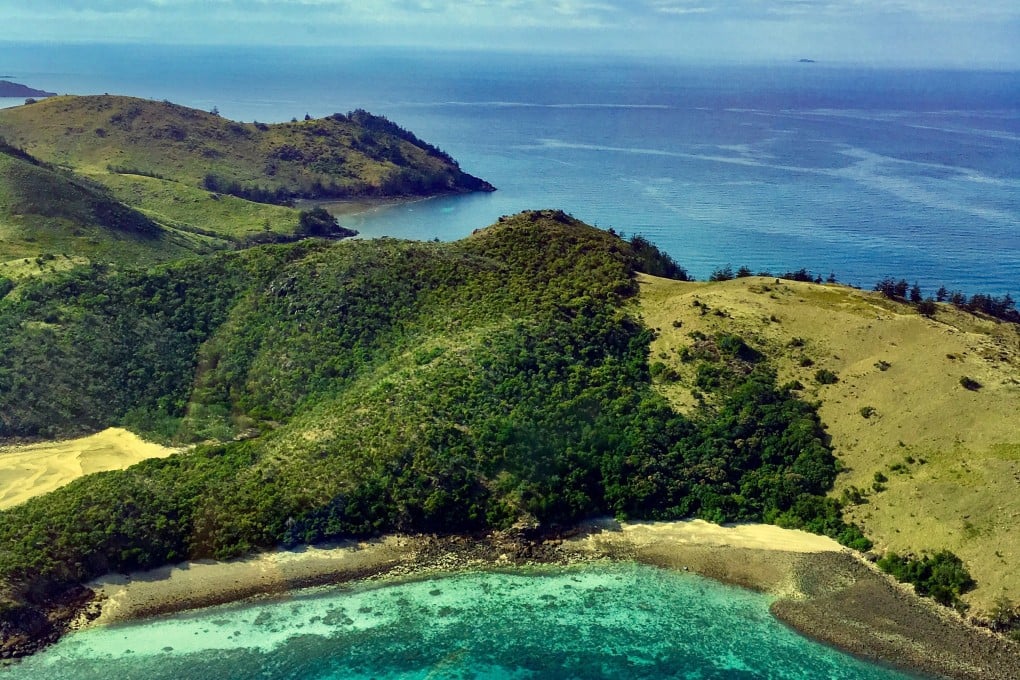Destinations known | China-Australia relations have reached rock bottom at Queensland holiday destination Keswick Island
- Chinese investment in Keswick Island, located in the tropical Whitsundays archipelago, has been met with opposition from residents
- Locals fear the popular holiday destination is being developed exclusively for Chinese tourists

In 2019, 20 per cent of Keswick Island (population 96, according to Wikipedia), which is located 34km northeast of Mackay, in the tropical Whitsundays archipelago, near the Great Barrier Reef, was acquired by Hong Kong-registered company China Bloom from leaseholder Keswick Developments for A$20 million (US$15.06 million). The 99-year lease includes plans to develop a resort capable of hosting 3,000 visitors.
The remaining 80 per cent of Keswick’s 550 hectares is a Queensland government-owned national park that residents claim they are being kept out of. “Land-based access to sections of the national park have been ‘locked’ or blocked with boulders,” reported local online newspaper The Morning Bulletin on December 3. “The airstrip is no longer accessible and, worst of all according to locals, one of the island’s most majestic public beaches is off limits.”
According to the Australian Broadcasting Corporation, “Since taking over the lease, the developer has clashed with residents over issues including the building of a boat ramp without approval, the flattening of a shoreline where turtles are known to nest, and the company warding off tourists with ‘keep out’ signs.”
I think that they want to have this island solely for the use of the Chinese tourism market
Reports suggest that residents living in rented properties have been forced from their homes. Speaking to news.com.au, one woman who claims she was given three days to vacate said, “We were told there were no long-term rentals allowed.” Short-term rentals, including Airbnb, have also been prohibited, with television channel 9Now reporting that the island had been tourist-free “since September last year” as a result. A single Airbnb listing for Keswick has no reviews (yet) but plenty of availability.
